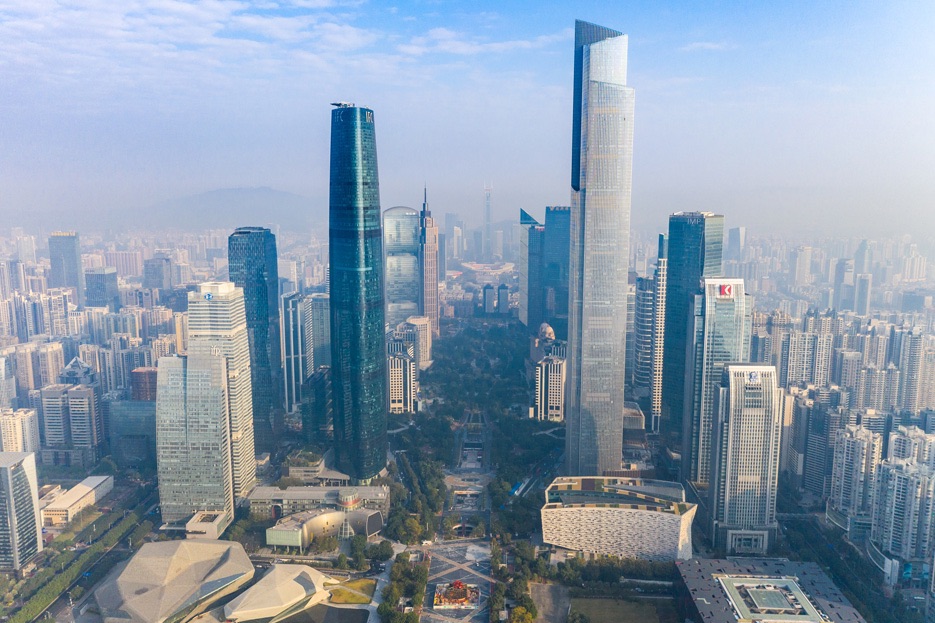 China’s Guangzhou Further Eases Household Registration to Entice Young Talent
China’s Guangzhou Further Eases Household Registration to Entice Young Talent(Yicai Global) July 24 -- Guangzhou, the capital of China’s southern Guangdong province, will further relax regulations on household registration to attract young talent to the city over the next three years, according to a new draft policy.
Guangzhou will allow residents aged under 28 with junior college degrees and at least a year’s social security payments in the city to apply for permanent residence in the suburban districts of Baiyun, Huangpu, Huadu, and Panyu, the document issued on July 21 said. The draft policy is now open for public feedback.
Guangzhou, one of China’s four first-tier cities, relaxed its household registration rules for postgraduates and undergraduates in 2019, and further eased them for undergraduates last year.
In May, the city published its annual census data, which showed that its permanent resident population fell 0.4 percent to 18.7 million last year, the first decline in 20 years. Residents of Baiyun, Huangpu, Huadu, and Panyu accounted for 67 percent of the city’s total headcount.
The planned easing will benefit the city’s industry-related talent system and improve the age structure of its population, Huang Shiding, director of the urban management research institute of the Guangzhou Academy of Social Sciences, told Yicai Global.
Guangzhou’s traditional manufacturing industry, emerging sectors, and high-end service sector need a great number of skilled workers, Huang added, noting that the arrival of many younger folk will not only provide a stable source for industrial development, but also boost the appearance of new sectors and activities.
The outskirts of Guangzhou are home to many traditional and high-end manufacturers with a big demand for young talent. Compared with the city’s central districts, whose urbanization rates have reached almost 100 percent, suburban areas have greater capacity and lower living costs, which should help non-locals settle more easily.
Together with shrinking populations and the needs of economic development, fiercer competition between cities for talent is another factor driving the relaxation of household registration rules.
Last year, Changsha allowed those with junior college diplomas or higher academic qualifications to apply for household registration in Hunan’s provincial capital and buy homes locally. By December, the city’s population had risen by 1.8 percent.
Cities should focus not only on attracting talent but also on also helping those young people to find jobs and live well locally, Huang said. After relaxing the household registration rules, they should also bolster their public services, he pointed out.
Editors: Shi Yi, Futura Costaglione